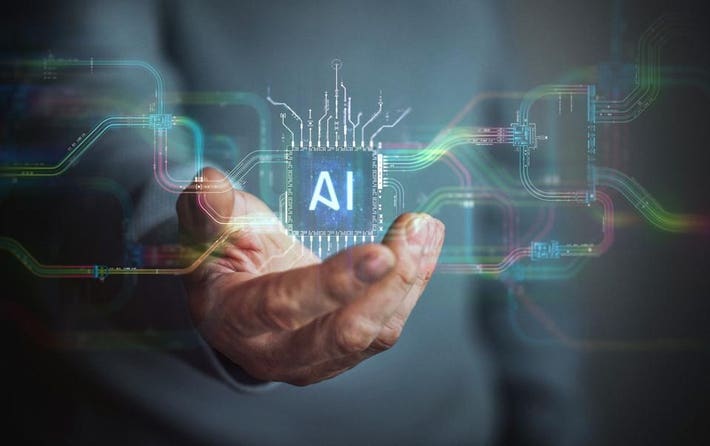In recent years, the application of machine learning in HVAC fault detection has revolutionized how heating, ventilation, and air conditioning systems are maintained and operated. This innovative approach not only enhances the efficiency of these systems but also ensures their reliability, reducing downtime and operational costs.

Understanding Machine Learning in HVAC
Machine learning is a subset of artificial intelligence that involves the use of algorithms to parse data, learn from it, and make informed decisions. In the context of HVAC systems, it can analyze historical data to predict potential failures, enabling preemptive maintenance. This proactive approach ensures that HVAC systems function optimally without unexpected breakdowns.
The Importance of Fault Detection in HVAC Systems
Fault detection is crucial in maintaining the efficiency and longevity of HVAC systems. Traditional methods of fault detection often rely on reactive measures, where issues are addressed only after they occur. This can lead to increased energy consumption, higher costs, and potential discomfort for occupants. By integrating machine learning, HVAC systems can predict and identify issues before they escalate, ensuring timely interventions.
How Machine Learning Enhances HVAC Fault Detection
Data Collection and Analysis
The foundation of machine learning in HVAC systems lies in data collection. Sensors placed within the system gather extensive data on various parameters such as temperature, pressure, and airflow. Machine learning algorithms then analyze this data to detect anomalies that might indicate a fault.
Predictive Maintenance
One of the most significant advantages of using machine learning is its ability to facilitate predictive maintenance. By identifying patterns and trends in the data, the system can predict when a component is likely to fail, allowing for maintenance to be scheduled ahead of time. This minimizes the risk of unexpected breakdowns and extends the lifespan of the equipment.
Real-World Applications and Benefits
Companies are increasingly adopting machine learning in their HVAC systems to improve performance and reduce costs. For example, [this article](https://strobox.ai/real-time-hvac-diagnostics-using-ai/) discusses how real-time diagnostics using AI can enhance system reliability. Furthermore, implementing these technologies can lead to significant energy savings, making it a sustainable choice for businesses.
Challenges and Considerations
While the benefits are clear, there are challenges to implementing machine learning in HVAC systems. These include the initial cost of installation, the need for continuous data monitoring, and the requirement for skilled personnel to interpret the data. However, as technology advances and becomes more accessible, these challenges are gradually being addressed.
Future Prospects of Machine Learning in HVAC
The future of machine learning in HVAC fault detection looks promising. As algorithms become more sophisticated and data collection methods improve, the accuracy and efficiency of fault detection will continue to increase. This will not only enhance the operational efficiency of HVAC systems but also contribute to broader sustainability goals by reducing energy consumption.
Integration with Smart Technologies
The integration of machine learning with other smart technologies, such as the Internet of Things (IoT), is set to further enhance the capabilities of HVAC systems. By creating a more interconnected system, the potential for automated, intelligent responses to faults will be realized, further improving efficiency and user comfort.
Conclusion
The application of machine learning in HVAC fault detection represents a significant advancement in the management of these essential systems. By enabling predictive maintenance and improving fault detection, machine learning ensures that HVAC systems operate efficiently and reliably. As technology continues to evolve, the potential for further innovations in this field is immense, promising even greater benefits in the future.

FAQs
What is machine learning in HVAC?
Machine learning in HVAC involves using algorithms to analyze data from HVAC systems to predict and detect faults, enabling proactive maintenance and improved efficiency.
How does machine learning improve fault detection?
By analyzing data for anomalies, machine learning can identify potential faults before they occur, allowing for timely interventions and reducing the risk of system breakdowns.
What are the benefits of using machine learning in HVAC systems?
The benefits include improved system reliability, reduced energy consumption, cost savings, and the ability to perform predictive maintenance.
For further insights, visit [this external source](https://lumenalta.com/insights/how-ai-models-are-enhancing-hvac-design-and-performance) to understand how AI models are enhancing HVAC design and performance.
This article contains affiliate links. We may earn a commission at no extra cost to you.
